Some of you may not have liked this topic of abuse. Maybe you have thought it doesn’t apply to you and you’d rather not read about it. Maybe it seems all too familiar and you’d rather forget it.
The same principles apply whether we’ve been abused, we know someone who has, or whether we’ve lived a life in which suffering has beat us down at every turn.
How often do we ask the question “Why Me?” Or simply “Why?”
Job knew a little bit about suffering. He had a big target on his back for the accuser. In fact, God pointed Job out, “Then the LORD said to Satan, “Have you considered my servant Job? There is no one on earth like him; he is blameless and upright, a man who fears God and shuns evil” (Job 1:8). Hard as it may be for us to understand, God was the One who drew the Job-shaped-target for the adversary to ready, aim, fire. And Satan hit Job’s life with both barrels. The obvious question is “Why?”
NIV Job 3:1 After this, Job opened his mouth and cursed the day of his birth. 2 He said: 3 “May the day of my birth perish, and the night it was said, ‘A boy is born!’ 4 That day– may it turn to darkness; may God above not care about it; may no light shine upon it. 5 May darkness and deep shadow claim it once more; may a cloud settle over it; may blackness overwhelm its light. 6 That night– may thick darkness seize it; may it not be included among the days of the year nor be entered in any of the months. 7 May that night be barren; may no shout of joy be heard in it. 8 May those who curse days curse that day, those who are ready to rouse Leviathan. 9 May its morning stars become dark; may it wait for daylight in vain and not see the first rays of dawn, 10 for it did not shut the doors of the womb on me to hide trouble from my eyes. 11 “Why did I not perish at birth, and die as I came from the womb? 12 Why were there knees to receive me and breasts that I might be nursed? 13 For now I would be lying down in peace; I would be asleep and at rest 14 with kings and counselors of the earth, who built for themselves places now lying in ruins, 15 with rulers who had gold, who filled their houses with silver. 16 Or why was I not hidden in the ground like a stillborn child, like an infant who never saw the light of day? 17 There the wicked cease from turmoil, and there the weary are at rest.
Take a look at this passage.
Do you realize that the “Why?” question was asked three times?
“May” this, “May” that—Job curses his life more than 12 times. He wished he’d never even been born.
Can you relate?
Job is in the Bible, I’m convinced, to help us see how unproductive the “Why?” question is. If God wanted us to know why, He’d tell us. Perhaps the “Why” is too big to enter a human mind without breaking it. Perhaps the “Why” is so convoluted, we could not possibly follow it. Perhaps the “Why” will be generations in the answering and we won’t be here 100 years from now to see the “Why” answered.
I think Job is also in the Bible to remind us that in a God-centered life, a better question is “What Now?”
Without taking away from the pain the abuse victim feels, or the person who has received a diagnosis of cancer, or the person whose loved one has passed away, etc., “Why?” is not nearly as productive as “What Now?”
- The answer to “Why?” will not make the pain any less painful.
- It will not change the circumstances.
- It will not even improve our mood from depression and despair to rejoicing, as if we’ll suddenly say, “Oh well, God if that’s what You’re doing, I get it! Great! I can handle being abused, having cancer, losing all my loved ones, losing my fortune, etc. Bring it on! I welcome it!” No one asks for a second helping of what was awful in the first helping. Job had one bad thing after another and all the cursing and whys would not change one thing.
“What Now?” is where the change happens. Where do you turn when life is one tragedy after another? Do you turn inward and focus on how you feel and how sad you are? That’s the logical thing to do. Unfortunately, the inward spiral is a downward spiral. It leads us to the pit of depression.
The outward spiral is the upward spiral. When we turn to trusting in God, we are operating in the “What Now?” We lay the “Why?” question aside, and let it rest in order to take up the “What Now?” with both hands. Here are some What Now items to consider:
- Forgiveness. If you’ve been abused, learn to forgive and press onward.
- Ask forgiveness. If you’ve abused someone, it’s time to confess it to God who already knows it, and to the one you abused, who also already knows it. Yes, you may have to pay a price in the process of fessing up. Whatever the price is on earth of jail time or restitution or the humbling public acknowledgment of what was a sin, this price is small compared to an eternity. Your response to Jesus who forgave you is to own up to what you have done. Eternal life will be enough reward. Should you fail to ask the ones you’ve harmed to forgive you, it ought to give you pause as to whether you really understand what it means to have asked Jesus to forgive you. People are made in God’s Image and what you did to them you did to Jesus. Your conscience will be at rest for having dealt with your crimes honestly.
- Find an avenue of compassion. For the one abused, maybe you help others who have been abused. Maybe you write about your experiences to offer hope and help. Maybe stronger ones in the faith can go to work in a prison ministry to offer hope to those who have committed crimes to know that forgiveness is possible. For those who have committed crimes, maybe helping others to avoid making your mistakes, committing your crimes, and then, you can point those in jail (perhaps alongside you) to the Gospel that heals as your avenue of compassion. Repentance isn’t just saying you’re sorry. It’s living as if you are, turning from sin to live righteously.
- Let your devotion to Jesus mark your life in every respect. Let your grace be evident everywhere. Let your kindness be your calling card. Let your love for other people minister hope and compassion, far and wide. When people see that this is who you are, you can witness to the great healing power of Jesus. Not every evangelistic tool is a pamphlet. Sometimes, the greatest witness is a person who has Overcome.
- Not that this list is exclusive, but we all need to embrace Romans 3:21-24. Because you see, whether you’ve been abused, you are an abuser, you are a person living his or her daily life trying to be a good person, this applies: Romans 3:21 But now a righteousness from God, apart from law, has been made known, to which the Law and the Prophets testify. 22 This righteousness from God comes through faith in Jesus Christ to all who believe. There is no difference, 23 for all have sinned and fall short of the glory of God, 24 and are justified freely by his grace through the redemption that came by Christ Jesus.
What Now? The best answer to that one is: Faith.
Faith puts the “Why?” question on the back burner where you can address that with God at some future point. Faith is seeing God even in the midst of our suffering. We can echo the words of Job (which I have personally echoed in place of the “Why?” I put to rest):
Job 42:1 Then Job replied to the LORD: 2 “I know that you can do all things; no plan of yours can be thwarted. 3 You asked, ‘Who is this that obscures my counsel without knowledge?’ Surely I spoke of things I did not understand, things too wonderful for me to know. 4 “You said, ‘Listen now, and I will speak; I will question you, and you shall answer me.’ 5 My ears had heard of you but now my eyes have seen you. 6 Therefore I despise myself and repent in dust and ashes.”
“My ears had heard of you but now my eyes have seen you.” What Now?
Now faith is being sure of what we hope for and certain of what we do not see. (Hebrews 11:1)
What Now? Faith.
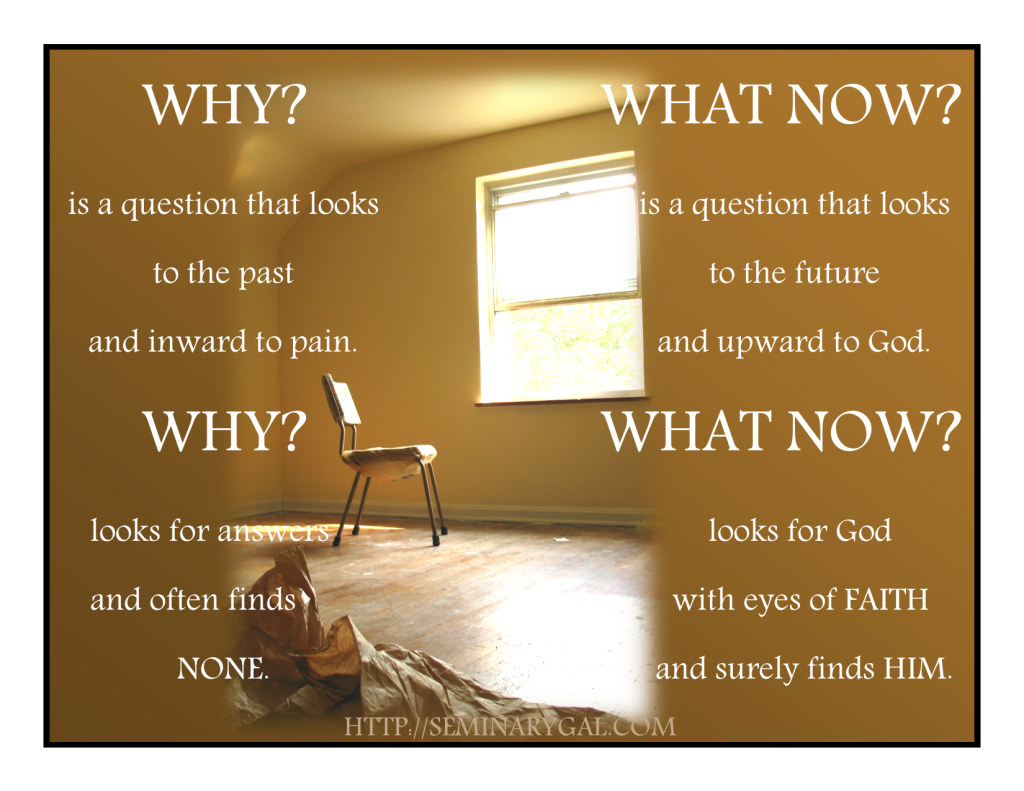
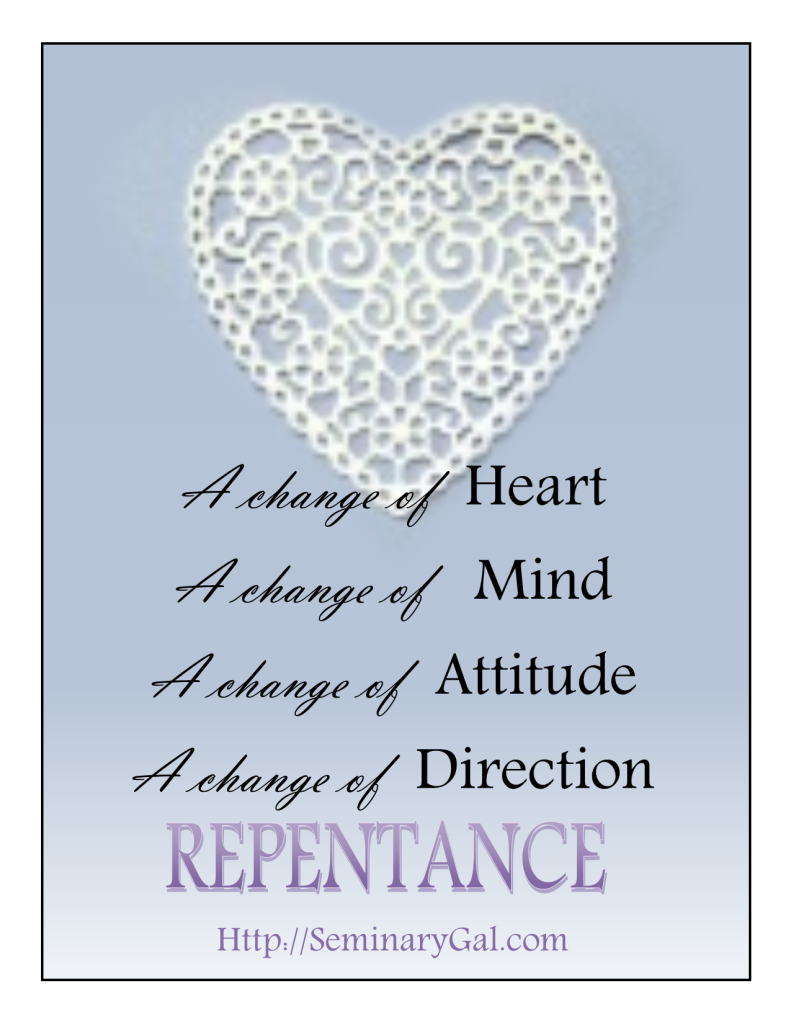
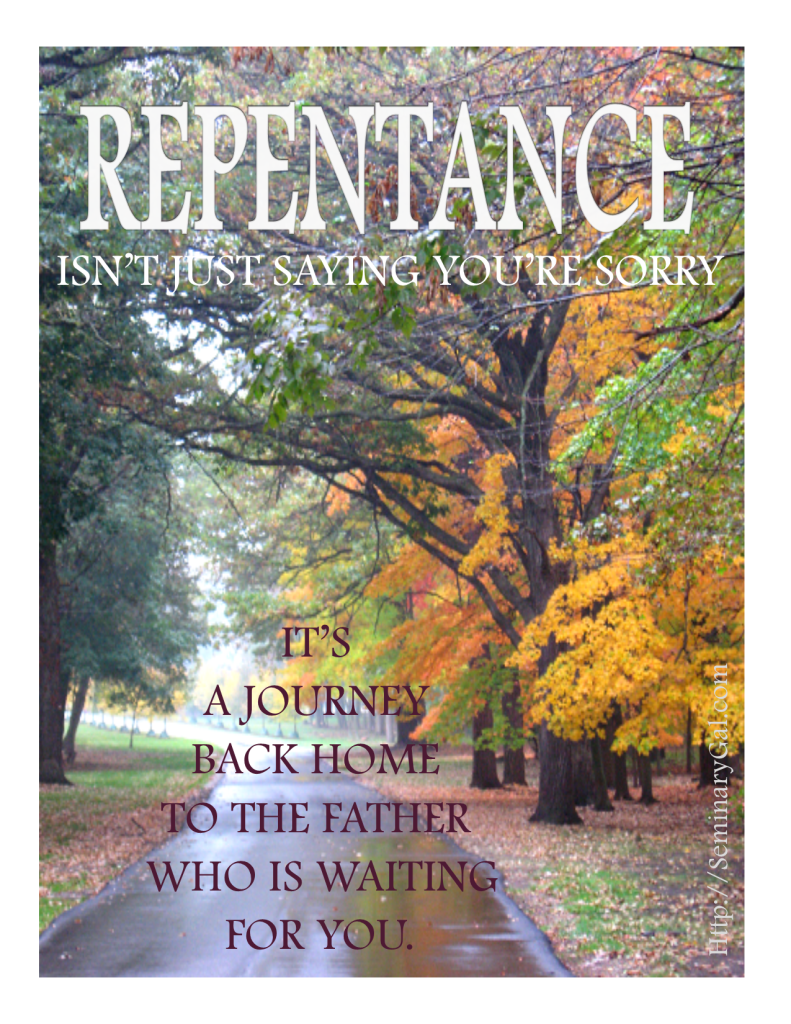

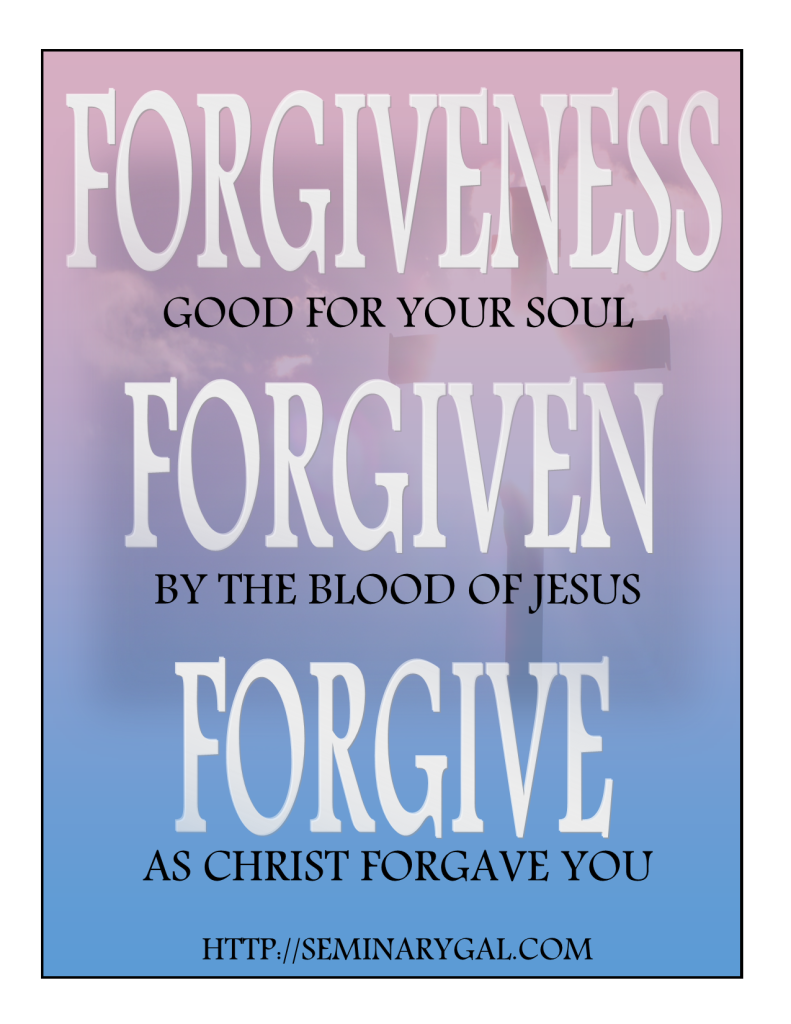
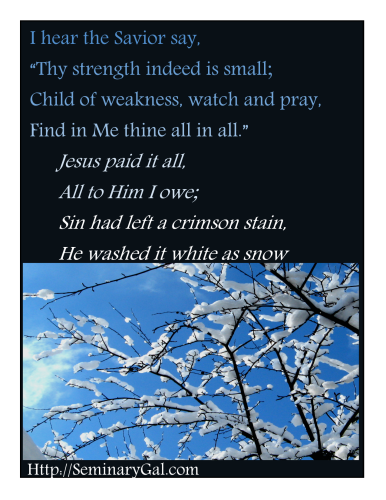 The hymn Jesus Paid it All expresses this situation well.
The hymn Jesus Paid it All expresses this situation well.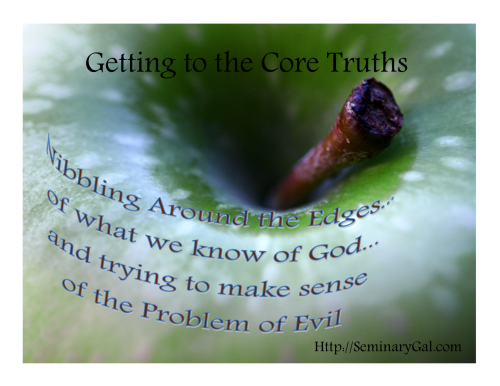 Among the million questions that come to mind for abuse victims, this is probably one of the foremost questions.
Among the million questions that come to mind for abuse victims, this is probably one of the foremost questions.  It is worth noting that many of the expressions of life after abuse revolve around self-image. The abuse victim looks inward, seeing something far from the beautiful being God created. It’s not that the beautiful being isn’t there, it’s that one’s perception of self has changed. People question their own:
It is worth noting that many of the expressions of life after abuse revolve around self-image. The abuse victim looks inward, seeing something far from the beautiful being God created. It’s not that the beautiful being isn’t there, it’s that one’s perception of self has changed. People question their own: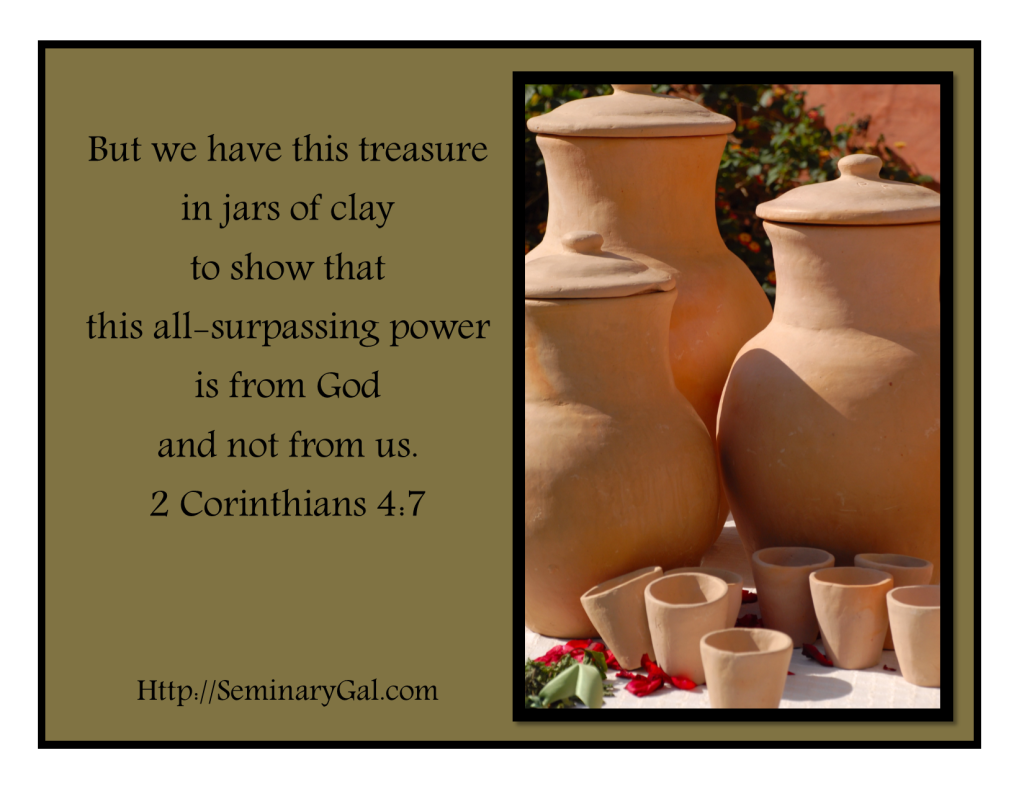
 Abuse changes a person. That is one of the most difficult aspects. There is a past hurt that cannot be explained rationally or excused away. It leaves behind someone who has been victimized by irrationally sinful and perverse acts.
Abuse changes a person. That is one of the most difficult aspects. There is a past hurt that cannot be explained rationally or excused away. It leaves behind someone who has been victimized by irrationally sinful and perverse acts.